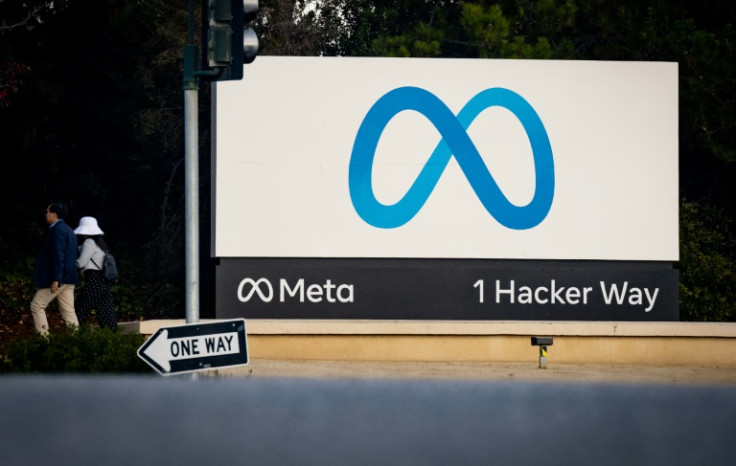
Meta's stock has recently soared following the release of its Q2 results, primarily showcasing the tech giant's long-term commitment to artificial intelligence. Moreover, the stock's surge was also influenced by the significant role of Meta's advertising business, driven by surges in users across its family of apps – from Facebook to Instagram.
Stock Performance and Q2 Performance
Following Meta's Q2 2025 earnings release on July 30, 2025, the stock surged more than 11% in after-hours trading, jumping into the mid‑$770 (£581.94) range driven by strong topline and bottom‑line beats.
For its latest results, Meta reported $47.52 billion (£35.91 billion) in revenue (+22% YoY) and $7.14 (£5.40) EPS, significantly above consensus estimates of $44.7 billion (£33.78 billion) and ~$5.85 (~£4.42), respectively.
Meanwhile, net income rose 36% to $18.3 billion (£13.83 billion), and management issued revenue guidance of $47.5 billion to $50.5 billion (£35.90 billion to £38.17 billion) for Q3 2025.
More Focus on Advertising Business
Ad impressions across Meta's family of apps rose 11 %, while the average price per ad increased 9 %, reflecting strong demand and improved performance thanks to AI-driven optimisation tools like Advantage+.
AI enhancements—particularly automated targeting and creative recommendation engines—boosted advertiser returns, especially for small- and medium-sized businesses, where conversions improved on Instagram (~5%) and Facebook (~3%).
However, Meta is still wary of this growth, especially as it tries to navigate an 'active regulatory landscape,' which includes the increasing legal and regulatory headwinds in the European Union.
'For example, we continue to engage with the European Commission (EC) on our Less Personalised Ads offering (LPA), which we introduced in November 2024 based on feedback from the EC in connection with the Digital Markets Act (DMA). As the EC provides further feedback on LPA, we cannot rule out that it may seek to impose further modifications to it that would result in a materially worse user and advertiser experience,' Susan Li, chief financial officer at Meta, said.
'Superintelligence in Sight'
Recently, Meta CEO Mark Zuckerberg underscored the company's shift from metaverse to AI dominance in its Q2 2025 earnings call, declaring that 'superintelligence—that surpasses human intelligence in every way—is now in sight'.
'Meta's vision is to bring personal superintelligence to everyone so that people can direct it towards what they value in their own lives. And we believe that this has the potential to begin an exciting new era of individual empowerment,' Mark said.
He envisions building personal superintelligence—AI assistants deeply attuned to individual users, helping them achieve goals, create, connect, and grow.
In response, Meta has assembled Meta Superintelligence Labs, which recruited top AI researchers with nine-figure packages, and committed up to $72 billion (£54.42 billion) in 2025 capex to build massive compute infrastructure, including a Manhattan-sized data centre to fuel the effort.
Other AI-Driven Outlooks and Strategies
Meta's long-term AI push centres on an AI-first hardware strategy, with CEO Mark Zuckerberg arguing that smart glasses—like Ray-Ban Meta and upcoming Oakley frames—will replace smartphones as the primary interface, and that people without them risk a 'significant cognitive disadvantage'.
To support this, Reality Labs sold AI glasses that tripled year-over-year, contributing to a 5% increase in its $370 million (£279.63 million) Q2 revenue.
Meta also forecasted $66 to $72 billion (£49.88 billion to £54.42 billion) in CapEx for 2025, eyeing even higher spending in 2026—essentially funding massive data centre projects and a nine‑figure‑paid AI talent push.
Lastly, the company's multi-year roadmap also envisions self-improving Llama-based models, next-gen AI agents, and tight integration of AI into wearable devices and personal assistants.
As Zuckerberg put it, the company now has 'all the ingredients' to build superintelligence. Whether Meta can turn this ambitious roadmap into reality remains to be seen, but its scale, strategy, and speed suggest it's not just chasing AI—it's determined to define it.







